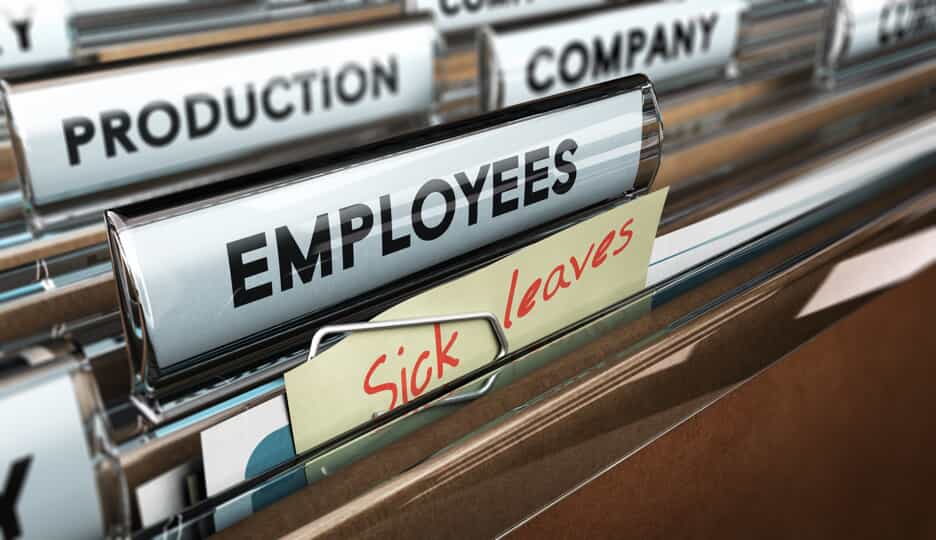In California, Governor Newsom issued an Executive Stay at Home Order instructing all workers who do not work in Essential Critical Infrastructure jobs to stay home. While some employers are capable of offering work from home arrangements (“telework”), others are not – resulting in layoffs (both permanent and temporary) and leaves of absences.
With respect to leaves of absences, some employers are asking some employees to take a leave, while allowing others to continue working. This post addresses questions employees may have regarding: (1) whether your employer can require you to take leave; and (2) if so, what pay and benefits are you entitled to while on leave?
Can my employer make me take leave during the COVID-19 pandemic?
Generally, the answer is yes. In California, employers can instruct employees to take a leave of absence during the COVID-19 pandemic if the selection of employees for leave is based on a legitimate business concern and not based on a protected characteristic. For example, determinations for leaves of absence (and/or layoffs) cannot be based on race or country of origin due to unsupported fear.
It is also proper for employers to place some employees on a leave of absence and not others, again, if not done based on an unlawful discriminatory basis. However, an employer may place, e.g., production workers on a leave where telework is not possible, but require office workers, such as managers, to continue to work because telework is possible.
What if I work in an Essential Critical Infrastructure job and am exempt from the Stay at Home Order – can my employer still place me on a leave of absence? The answer is also yes, if not done discriminatorily. Is it also proper for my employer to place all “at risk” workers (e.g., those who are 65+, have a serious chronic medical condition, or have a compromised immune system) on leave, while allowing others to remain at work? This answer is not as clear, but likely yes. The objective evidence from the CDC and State and local health agencies is by having “at-risk” workers continue reporting to the worksite poses a “direct threat” to those workers. If a “direct threat” does exist, it is okay for employers to place these workers on leave if telework is not available without fear of running afoul of disability discrimination laws (e.g., the American with Disabilities Act and California’s Fair Employment and Housing Act). With respect to workers over the age of 65, please see our blog post here, but we believe for the same reasons, it would also be reasonable.
Am I entitled to pay and benefits while on leave during COVID-19?
If you are placed on a temporary leave because of a federal, state, or local isolation order related to COVID-19, such as Governor Newsom’s Executive Stay at Home Order, under the newly enacted Families First Coronavirus Response Act (the “FFCRA”), starting on April 1, 2020, you may be eligible to receive at least a portion of your compensation for about two weeks. If you are unable to telework and are placed on leave to care for your child because your child’s school or place of care is closed or the childcare provider is unavailable due to COVID-19, you could be eligible for partial pay after the first 10-day leave period. The FFCRA also provides paid sick leave for a few other reasons during the first 10-day period. For more information, visit our blog post discussing the FFCRA.
With respect to employer-sponsored group health insurance, you should review your employer’s policy relating to benefits for coverage. Some employer’s benefit plans may require employees to be “actively working” and working full-time hours (e.g., 30 hours) to be covered by the plan. If this is the case, it is possible your health insurance benefits could be canceled after a certain period of time. You also want to verify who is responsible for paying the insurance premium during this time (the employer or employee). For most employers, in the event of loss of coverage, employers may be required to offer COBRA continuation coverage to employees due to a COBRA qualifying event. A reduction in hours that causes a loss of coverage is a COBRA qualifying event.
Depending on the reason for leave, you may be eligible for Unemployment Insurance, State Disability Insurance, or benefits under California’s Paid Family Leave. See our blog post discussing the interplay between these leave and benefits laws.
To schedule your free initial consultation, contact us online or call (619) 342-8000 today!





